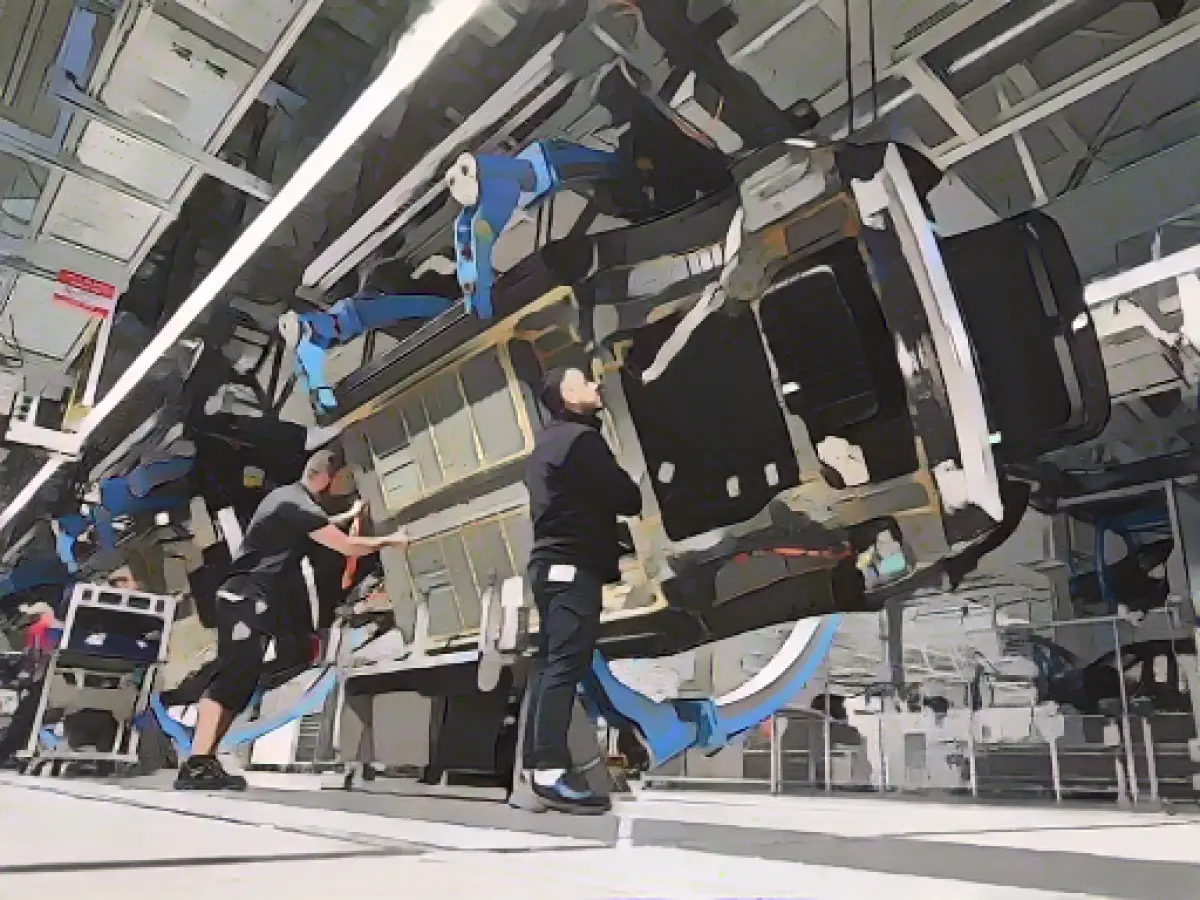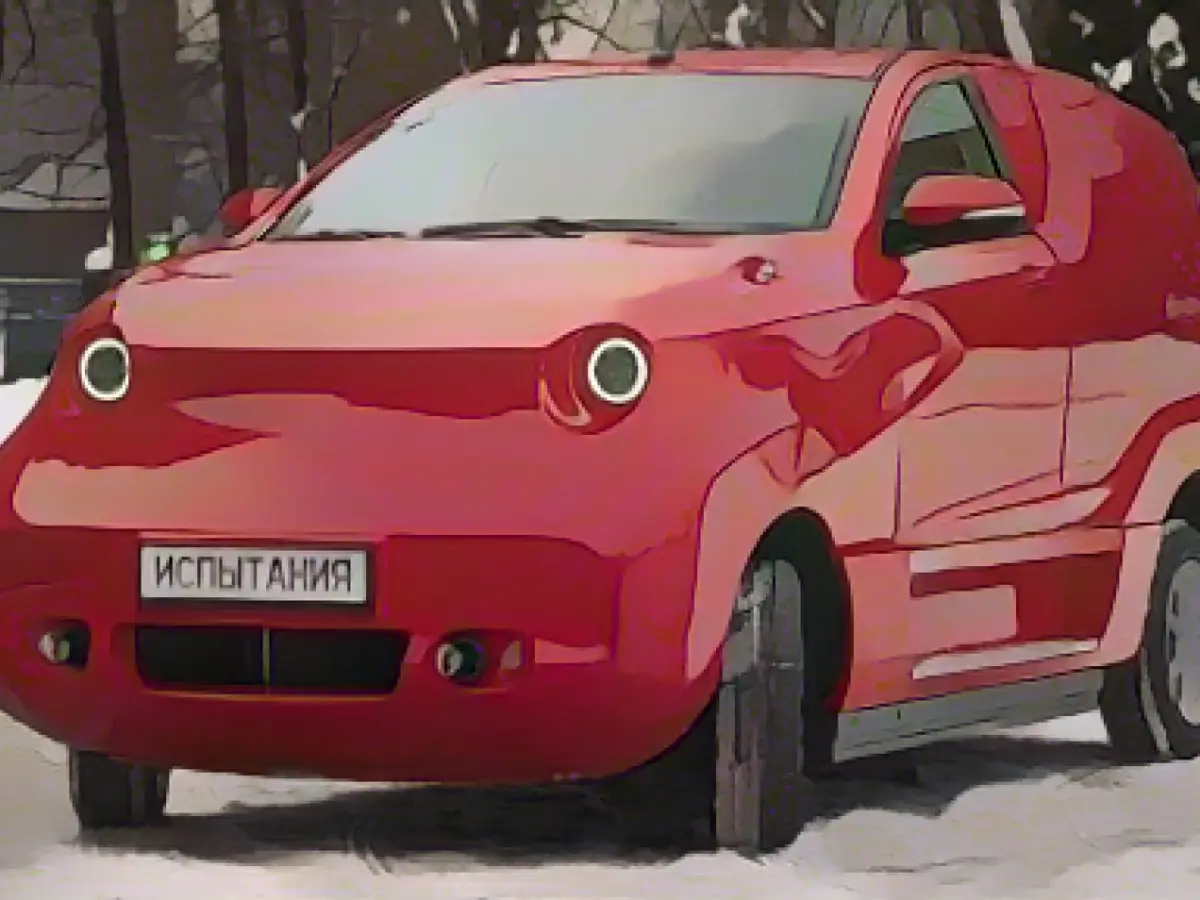Automakers Boost Sales and Profits in Spite of Challenges
The world's leading car manufacturers have recently seen their sales and profits skyrocket. In the third quarter of the year, sales from the 16 largest car manufacturers rose by a whopping 11% to an impressive 504 billion euros compared to the same period the year prior, according to an analysis by the auditing and consulting firm Ernst & Young (EY). Additionally, earnings before interest and taxes (EBIT) jumped by 35% to 39 billion euros. The notable rise in profits is attributed to currency effects in Japan, where the weak yen boosted Japanese car manufacturers' profits by 103%.
Singling Out Mercedes-Benz for Outstanding Profitability
Profitability, proportional to the EBIT margin – the ratio of operational profit to sales – saw a slight uptick, climbing from 7.2% to 8.6%. Amongst the frontrunners, German auto manufacturer Mercedes-Benz held the title for the most profitable with a margin of 13%. Toyota and BMW followed suit with 12.6% and 11.3% respectively. Despite being at the bottom of the pack, Volkswagen managed to secure 6.2% profitability.
The Future of the Global Automotive Industry: Challenges Galore
Despite the impressive feats achieved by the industry giants, Constantin Gall, EY's automotive expert and head of its Western Europe mobility division, cautions that the coming year will prove to be much more challenging. Weaker demand for new cars, the sluggish implementation of electromobility, and increasing price pressure remain obstacles. Problems with the launch of new models are also weighing heavily on profitability.
Discounts, Favorable Financing, and Special Models to Boost Sales
As manufacturers grapple with weakening demand and price pressure, several automakers are taking drastic steps to boost sales. These steps include offering discounts, favorable financing options, and crafting special models brightening up the market. Although these strategies may bolster sales temporarily, they often put substantial strain on profit margins.
Adjusting Internal Operations to Enhance Competitiveness
Many car companies are acknowledging the importance of internal efficiency and streamlining operations to boost competitiveness. This entails slashing unnecessary costs, cutting internal bureaucracy, and refining complex processes. Many of these measures translate into more affordable vehicles and improved market positioning for numerous automakers.
EV Adoption Rates and the Global Industry's Shift to Electromobility
The industry's transition towards electromobility is inducing significant changes. Market dynamics are shifting from a production-constrained market during the pandemic to a demand-constrained market. This shift, coupled with other factors such as the emergence of Chinese EVs and retaliatory tariffs, poses challenges for premium car brands. The market is becoming more turbulent, and the adoption rate of electric vehicles is slowing down, threatening the profits of companies invested heavily in EV production.








